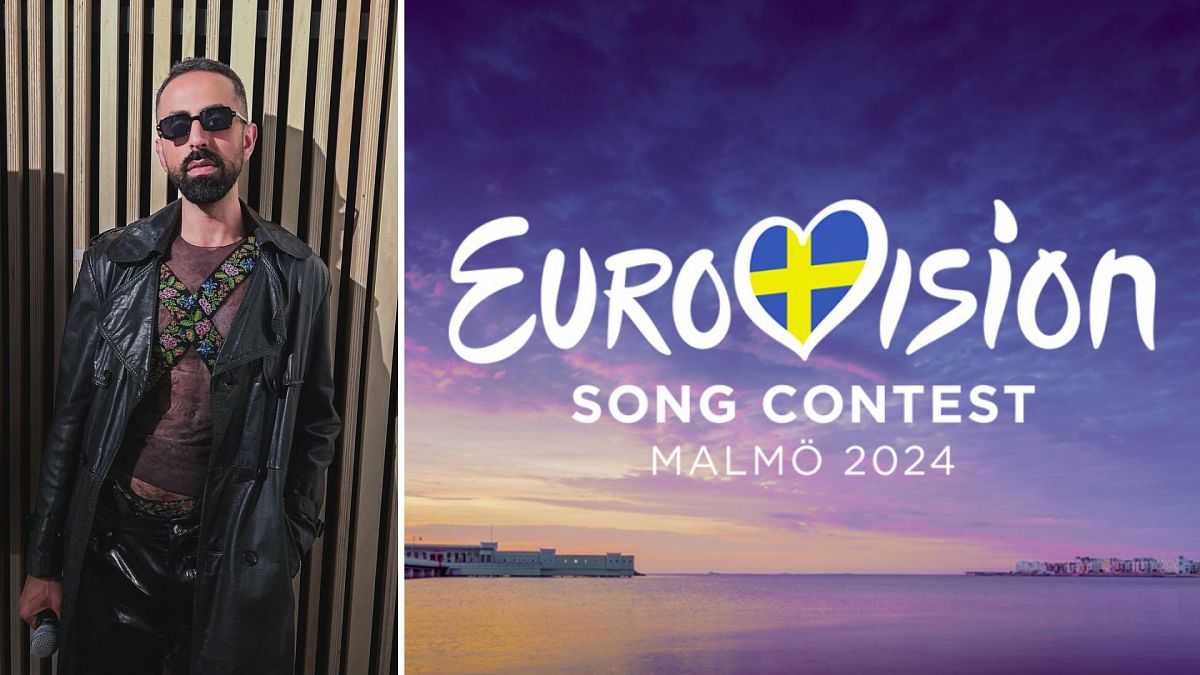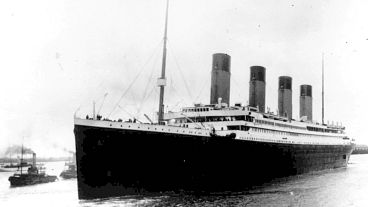A Palestinian singer has been named as a participant in Iceland's Eurovision Song Contest selection process, amidst broader discussions about the Nordic country potentially boycotting the event.
Palestinian singer Bashar Murad has been officially named as a contender in the preliminary stage of Iceland's Eurovision Song Contest selection.
Murad, known for addressing themes of Israeli occupation and gender equality in the Middle East through his music, is set to be among the ten artists vying for a spot in the semi-finals of Söngvakeppnin 2024, Iceland's national Eurovision selection contest.
Currently based in Jerusalem, the 30-year-old pop artist has collaborated with Iceland's past Eurovision representatives, Hatari, a punk rock group noted for their outspoken opposition to Israel's presence in Palestinian territories during the 2017 contest held in Israel.
In the lead-up to the 2017 competition, Hatari made headlines for their political statements on the Israeli occupation of Palestine, prompting a warning from Jon Ola Sand, the executive supervisor of the European Broadcasting Union (EBU), cautioning against pushing the boundaries of the EBU's tolerance.
Despite the warning, during the final, Hatari members displayed banners of the Palestinian flag when Iceland's televote score was announced.
Iceland were ultimately fined by the EBU for breaching the competition's regulations.
Will Iceland be competing in the Eurovision Song Contest this year?
All eyes are on Söngvakeppnin this year, scheduled for February and March, where the winner, in consultation with Icelandic broadcaster RÚV, will determine whether the country will participate in Eurovision 2024.
The backdrop to this decision involves significant pressure on RÚV to either call for Israel's withdrawal from Eurovision 2024 or to consider a complete boycott.
The Icelandic Society of Authors and Composers (ISAC) has strongly advocated for a boycott unless Israel is disqualified, reflecting a sentiment echoed by nearly 10,000 Icelanders who signed a petition (around 2.5% of the country's population) for Israel's disqualification.
As well, over 1,400 Finnish artists have teamed up with Icelandic musicians in calling for the exclusion of Israel from Eurovision, citing alleged war crimes in Gaza.
The demand is accompanied by a threat that if Israel is not barred from the competition, scheduled to take place in the Swedish city of Malmö in May, the Finnish Broadcasting Company (Yle) will boycott and refrain from submitting a Finnish entry.
“It is not in accordance with our values that a country that commits war crimes and continues a military occupation is given a public stage to polish its image in the name of music,” reads a Finnish petition signed by artists, musicians and music industry professionals.




